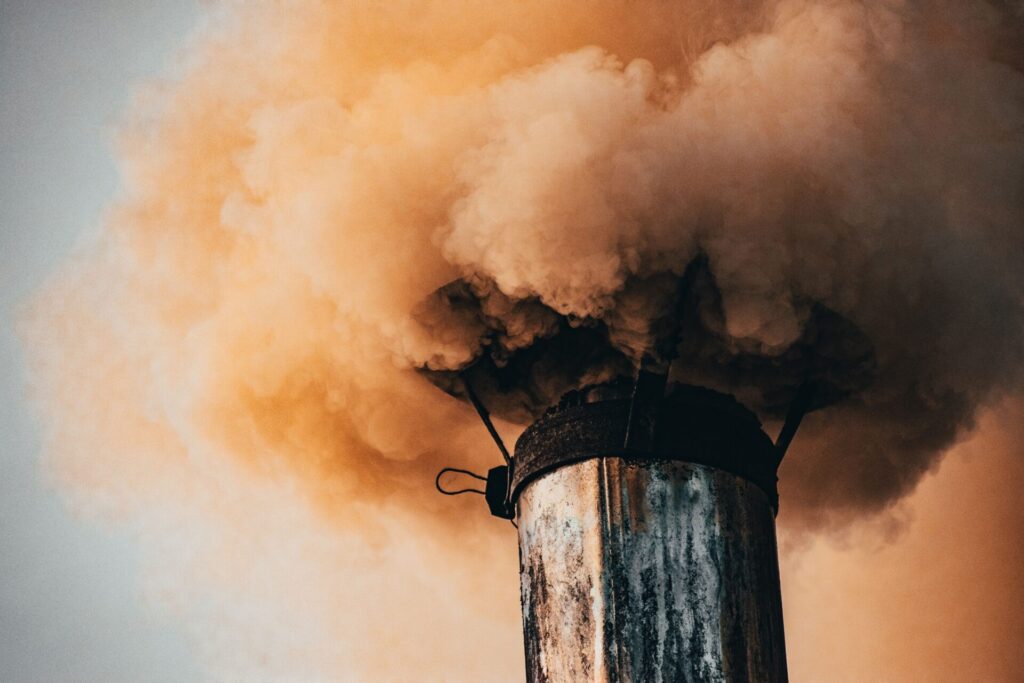Target Corporation drives Efficiencies across Fashion’s Supply Chain

Target Corporation drives Efficiencies across Fashion’s Supply Chain

Planet Earth is rich in natural resources. Human demand, however, is rapidly outgrowing natural supply. Good stewardship of natural resources is essential to protect the planet and the wellbeing of future generations. Fashion is a multi-trillion-dollar industry that contributes up to four per cent of global CO2 emissions annually. According to the IPCC, continued trajected emission growth will bring rise to global temperatures, extreme weathers and subsequent consequences for people, business, and our planet.
While there is a lack of complete data for greenhouse gas emissions, there is little doubt that fashion is among the biggest GHG emitters, and that there is an urgent need for action to reduce the carbon footprint of the industry. If it proceeds on the current trajectory, the industry will fall short of the decarbonisation targets required to conform with the 1.5-degree pathway. Achieving resource stewardship will depend on coordinated, multi-stakeholder action to reduce GHG emissions and decisive innovation.
Increasingly, fashion companies recognise the magnitude of the challenge. Many players have set science-based targets aligned with the 1.5-degree pathway. An aligned industry direction is required to take advantage of further decarbonisation opportunities.
Apparel Impact Institute (Aii) currently heads supply chain efficiency efforts within the apparel industry, scaling improvement programmes across key areas of known impact in textile production: Energy, Water, Chemistry & Wastewater and Materials in partnership with leading brands and wider stakeholder groups. Apparel Impact Institute’s principal programme Clean by Design, originally created by the Natural Resources Defense Council and first initiated in 2011, works to identify, fund, scale and measure stepwise solutions for reducing the environmental impacts of textile manufacturing.
Since the programme’s inception in 2011, the programme has been deployed across 295 facilities in 8 regions globally with 27 brands in active programming. The programme provides brands with a comprehensive system for improving energy, water, and chemical use in wet processing textile mills over a 13-month period. It allows them to establish best practices and procedures for improving inputs, reducing chemical use, conducting careful oversight and operations of wastewater treatment, and enabling recovery and reuse of chemicals whenever possible.
Clean by Design focuses on a set of 10 best practices that deliver an almost immediate return on investment – most projects pay for themselves in less than one year – while reducing energy use by 10% and 20% less water waste on average.
As a founding member of the Apparel Impact Institute (Aii), Target Corporation stands out as one of the leading brands committed to sustainability in the apparel industry. For Target Corporation, Clean by Design has played a critical role in achieving its sustainability goals providing systemic solutions for reducing environmental impact across its manufacturing. In 2020 alone, 30 of Target’s suppliers on average achieved a 20% water saving and 12% GHG reduction. These suppliers also received regular training on local requirements for best production practices as well as benefitted from peer learning workshops encouraging shared learning between mills on tackling environmental challenges and possible solutions.
Through Clean by Design, Target Corporation and others enrolled on the programme are realising the vital importance of collaboration and how one company’s actions can have a positive ripple effect on the broader industry – where one company’s investment in solutions, creates positive sustainability results for others. As one of the largest U.S. retailers, go forward, Target Corporation seeks to lead and use its scale and scope to drive large-scale change through greater investment and broader industry collaboration.
In order to successfully implement effective waste stream structures across their supply chain, and ensure circular value is captured in manufacturing countries, BESTSELLER joined GFA’s Circular Fashion Partnership in Bangladesh.